
Checklist for Choosing the Best Remote Food Catering Partner
When planning a large-scale project in a challenging location, remote food catering becomes one of the most critical services to
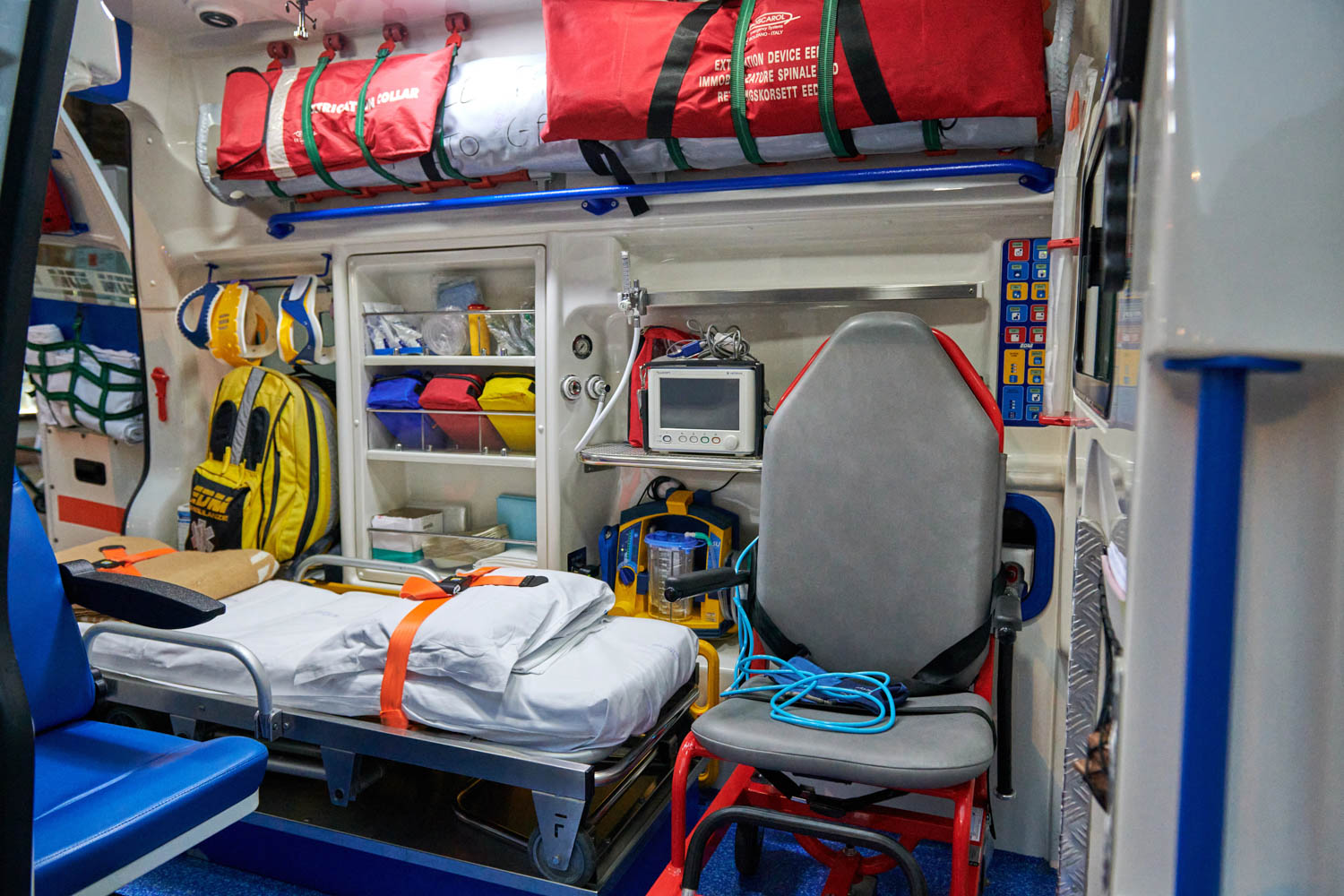
Remote camp health and safety is a vital concern in the management of Canadian remote workforce camps, especially in resource-driven industries such as mining, oil and gas, and forestry. These camps, located in isolated areas, often face a unique set of health and safety challenges that differ significantly from urban or traditional work environments. Understanding these risks and proactively managing them is essential to safeguarding worker wellbeing, ensuring productivity, and complying with government regulations.
Remote workforce camps are temporary accommodations designed to house workers near remote job sites. They are common in regions like the Alberta oil sands, Northern Ontario’s gold mines, and the diamond-rich zones of the Northwest Territories. These camps may host hundreds of workers for weeks or months at a time, creating high-density living environments with limited access to external medical or emergency services.
While they provide essential shelter and logistical support, remote camps also present elevated health risks due to their isolation, environmental exposure, and communal living conditions. Addressing these risks requires a comprehensive health and safety policy for remote workers that accounts for both physical and mental wellbeing.
Workers in field camps often perform physically demanding tasks in extreme conditions. Common health risks include:
To control these risks, camps must adhere to strict remote facility health and safety standards, including proper PPE usage, equipment maintenance, and environmental controls.
Mental health challenges are prevalent in remote camps, where long shifts, isolation from family, and limited recreational outlets can take a toll. Workers may experience:
A strong remote health and safety strategy should include access to counselling services, peer support programs, and structured downtime. Creating a culture of openness around mental health is essential to reducing stigma and encouraging early intervention.
High-occupancy living quarters increase the risk of communicable diseases. Outbreaks of influenza, norovirus, and COVID-19 have underscored the importance of hygiene and sanitation in resource sector camps. Key preventive measures include:
These services must be coordinated with medical teams and camp managers to ensure swift containment and minimal disruption.
Nutrition plays a vital role in worker health and performance. Poor diet can lead to fatigue, digestive issues, and weakened immunity. Camps must provide:
In larger operations, remote site catering may include full-service kitchens and dining halls. These facilities must be regularly inspected and staffed by trained personnel to meet health standards.
Access to remote site medical support is essential, especially in camps located hours from the nearest hospital. Medical teams should be equipped to handle:
Telemedicine can supplement on-site care, allowing specialists to consult remotely. Integration of medical services into remote site health and safety planning ensures that workers receive timely and appropriate care.
The physical environment of these temporary worker accommodations presents additional risks. Poor ventilation, inadequate lighting, and structural wear can compromise safety. Regular remote camp facility maintenance is necessary to address:
Routine inspections and preventive maintenance reduce the likelihood of accidents and ensure compliance with regulatory standards.
Effective remote site camp management is the backbone of a safe and functional industrial camp. Managers must enforce safety protocols, coordinate services, and foster a culture of accountability. Key responsibilities include:
Leadership plays a pivotal role in shaping attitudes toward safety. When workers feel heard and supported, they are more likely to engage in safe practices and report concerns.
As remote work expands beyond physical camps, organizations must adapt their safety frameworks. Health and safety remote working now includes digital security, ergonomic assessments, and mental health support for employees working from home or satellite offices. Ensuring consistency across all remote roles reinforces organizational commitment to wellbeing.
To maintain high standards, companies must integrate remote working health and safety policies into broader operational strategies. This includes:
Transparency and accountability are key to building trust among workers and stakeholders.
Canadian industrial camps are essential to the nation’s resource economy, but they come with complex health risks that demand thoughtful, proactive solutions. From physical injuries and mental health challenges to hygiene, nutrition, and emergency care, every aspect of camp life must be managed with precision and empathy. By investing in infrastructure, leadership, and integrated policies, organizations can create environments where workers feel safe, supported, and empowered. Ultimately, the success of these operations depends on a steadfast commitment to remote camp health and safety.
We’re here to help you build safer, healthier camps across Canada’s resource communities. Contact the Domco Group now and let’s talk about the strategies that work.
Groupe Domco Canada Limitée est l'un des fournisseurs de services en régions éloignées le plus fiable et le plus respecté au Canada. Entièrement canadien et propriété indépendante, Domco est en affaires depuis 1945. Nous proposons des solutions intégrées pour les régions éloignées, notamment un cycle de menus nutritifs et bien planifiés, l'établissement de relations à long terme et de racines profondes canadiennes dans des endroits éloignés avec des communautés autochtones.
Laissez-nous vous présenter quelques avantages clés qui nous distinguent.

When planning a large-scale project in a challenging location, remote food catering becomes one of the most critical services to
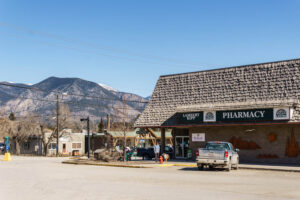
Remote health and safety is a critical component in the management and operation of Canadian field camps, especially those situated
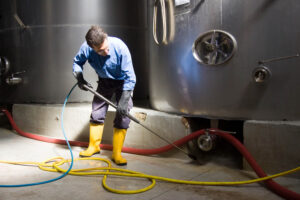
Janitorial camp services are the backbone of operational success in Canada’s energy sector, especially in remote oil and gas sites

Remote catering companies play a vital role in keeping workers safe, nourished, and productive across Canada’s industrial sectors. Whether supporting
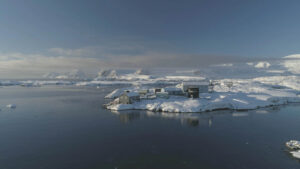
Exploration remote site services play a foundational role in enabling Canada’s most strategically important industries to operate in some of
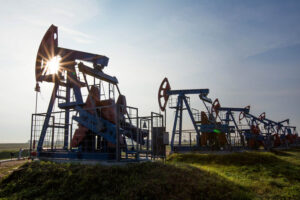
Selecting the right oil and gas facility maintenance provider is a pivotal decision for companies operating in Canada’s remote regions—from
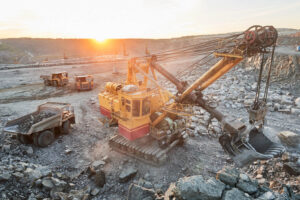
In Canada, mine camp management plays a key role in supporting workers at remote mining sites. These sites provide housing,
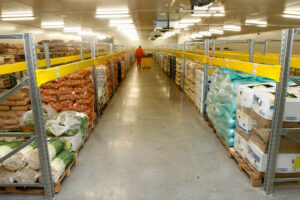
Remote food catering plays an important role in supporting workers across Canada’s most isolated job sites. Whether in the far
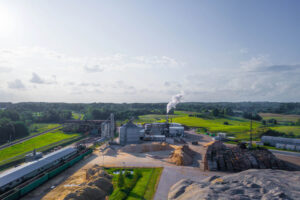
Remote camp maintenance jobs in Canada support the full lifecycle of temporary worksites—from setup (mobilization) to daily operations (maintenance) and

Remote catering companies play a vital role in supporting Canada’s vast and varied industries, especially those operating in isolated or
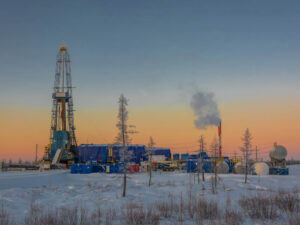
Oil and gas facilities management is a complex and critical discipline that ensures energy operations in Canada’s most remote locations
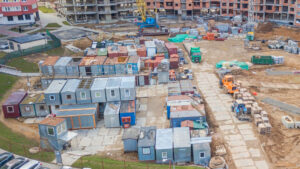
In the rugged, often isolated world of remote construction camps, construction facility management is the invisible force that sustains daily

Remote maintenance is the backbone of operational continuity in Canadian work camps, especially those located in isolated regions supporting industries
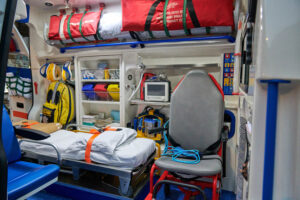
Remote camp health and safety is a vital concern in the management of Canadian remote workforce camps, especially in resource-driven

Keeping crews energized and satisfied starts with smart camp food menu ideas—especially in remote environments where morale and nutrition go
